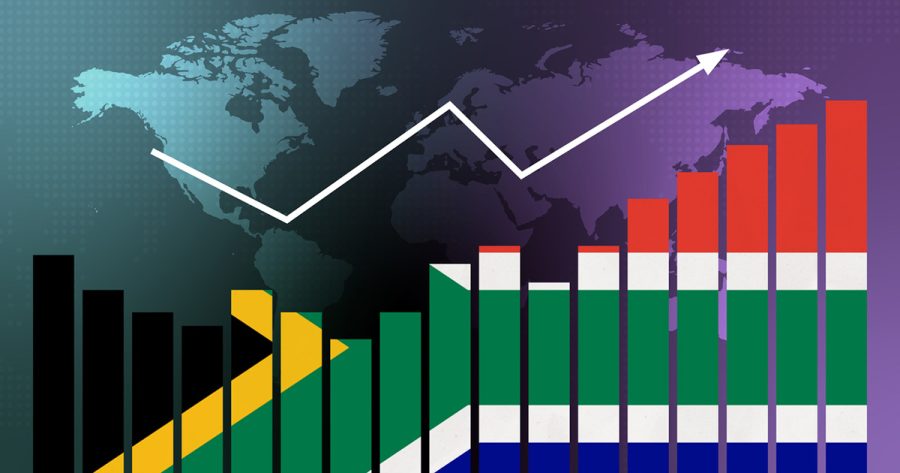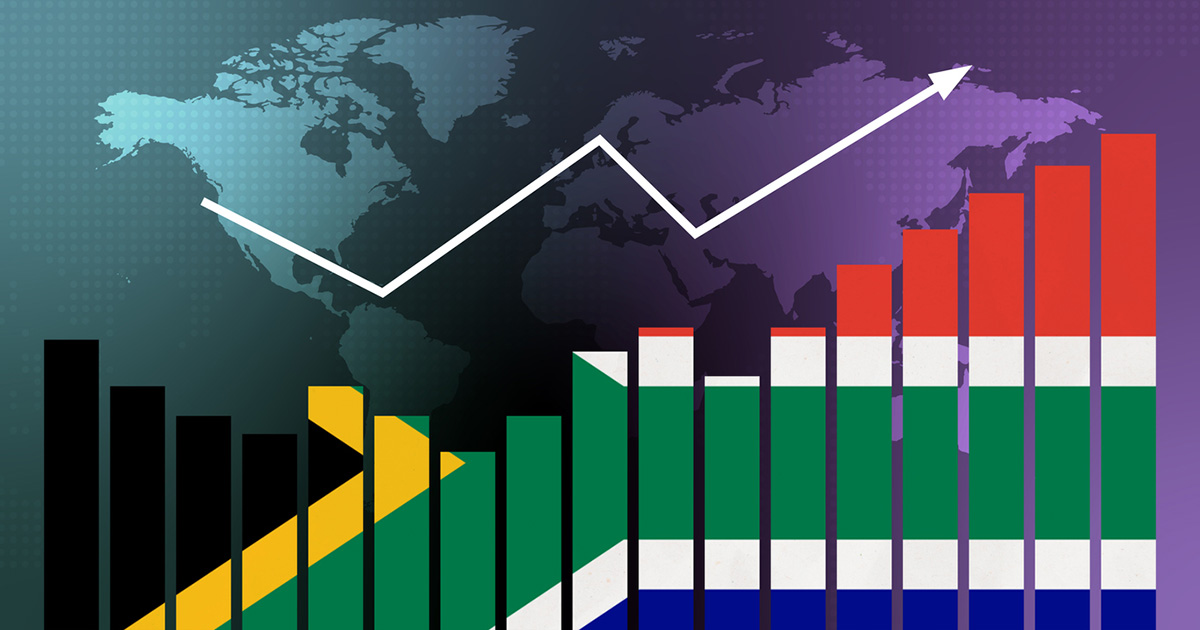
South Africa’s inflation rises to 7.1 %
Consumer inflation in South Africa has risen again – reaching 7.1% in March, compared to 7% in February and 6.9% in January 2023. The latest stats were revealed by Statistics South Africa (Stats SA) on Wednesday. The rise means South Africans will pay more for goods, especially food and non-alcoholic beverages. The monthly change in […]

Consumer inflation in South Africa has risen again – reaching 7.1% in March, compared to 7% in February and 6.9% in January 2023.
The latest stats were revealed by Statistics South Africa (Stats SA) on Wednesday.
The rise means South Africans will pay more for goods, especially food and non-alcoholic beverages.
The monthly change in the consumer price index (CPI) was 1% in March, the most significant monthly rise since July 2022 when it was 1.5%.
“Food and non-alcoholic beverages and transport were the main drivers behind the annual and monthly increases,” the national statistics agency said.
Food
Stats SA said inflation for food and non-alcoholic beverages continued to accelerate, with prices increasing by 14% in the 12 months to March.
“This represents the largest annual increase since the 14.7% rise in March 2009, 14 years ago.”
In March, milk, eggs, cheese, sugar, sweets and desserts, fruit and vegetables, and “other food products” experienced upward inflationary pressure.
The milk, eggs and cheese product group witnessed its annual rate reaching 13.6% from the recent low of 3.7% in April 2022.
“The reading in March is the highest annual increase since February 2009’s print of 13.9%.”
Meanwhile, bread, cereals, meat, oils, fats, and fish bucked the trend, recording slower growth.
In addition, the annual increase for bread and cereals was 20.3% in March, down from 20.5% in February.
On the other hand, meat inflation edged lower to 10.6% from 11.4% in February.
The prices of oils and fats decreased for the seventh successive month, dragging the annual rate to 16% from 16.7%.
Transport
The transport index, according to Stats SA, rose by 8.9% in the 12 months to March, down from the 9.9% annual rate recorded in February.
The downward shift was led by eight consecutive months of slowing fuel inflation, which reached 8.1% in March from 10.9% in February.
“This is much lower than the 56.2% peak in July 2022,” the agency said.
However, fuel prices rose by 4.5% between February and March due to the price of inland 95-octane petrol rising by R1.27 per litre.
School fees
Over all, school fees increased by 5.7% in 2023, higher than the 4.4% rise recorded in 2022.
Primary and pre-primary schools went up by 6.3%, while secondary schools soared by 5.8% and by 5.3% for tertiary institutions.
In addition, textbooks cost 113% more, while school bags rose by 10.6%, which is the most significant annual increase since October 2009.
Other price changes in South Africa
New excise taxes for alcohol and tobacco products came into effect in March, contributing to a monthly increase of 2.2%.
Data for the first quarter survey of housing rentals are also included in the CPI for March.
Annual inflation for actual rentals was unchanged from December at 2.5%, while owner-occupied housing was 2.7% compared with December’s reading of 2,8%.
In March, inflation for household contents and services increased to 6.9% from 6.2% in February, which is the highest annual increase since June 2009.
Prices for appliances, tableware and equipment have also gone up by 7.7%.
Domestic worker wages increased by 1.2% in March from December, leading to a 5.2% annual rise – the highest since February 2019 when the same rate was recorded.
Prices for personal care items increased by 11.1% from 12 months to March. This is the highest annual rate since 12% in October 2009. – SAnews.gov.za
